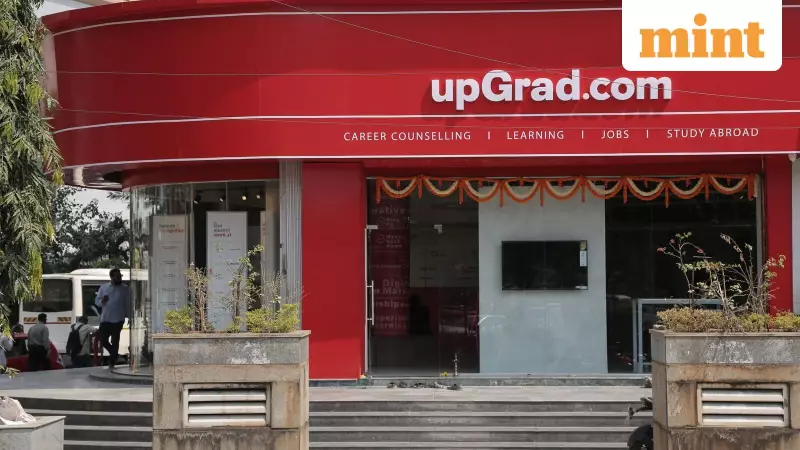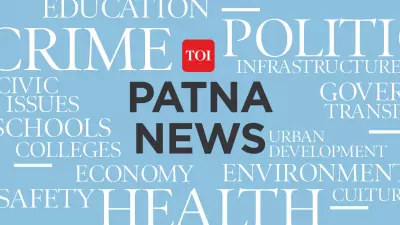
Indian edtech giant upGrad is making a significant push into physical learning spaces with plans to expand its network of offline centers from 11 to 40 by the end of the current financial year. This strategic move aligns with broader industry trends where digital education platforms are establishing physical touchpoints to enhance student engagement and outcomes.
Big-Ticket Courses Drive Offline Expansion
The expansion focuses primarily on high-value certification programs priced between ₹80,000 and ₹1.2 lakh, with artificial intelligence and data science courses leading the portfolio. According to Manish Kalra, Chief Operating Officer for upGrad's offline business, these specialized short-format courses are specifically curated for offline delivery and account for at least 60% of current sign-ups.
"These are high involvement products where users are looking for counseling face to face to address their queries and concerns, as opposed to doing it online or on a video call," Kalra explained in an interview. The company's Learning Support Centers (LSCs) cater particularly to early career professionals and recent graduates aged between 21 and 26 years.
Hybrid Learning Model Gains Traction
upGrad's offline push mirrors similar moves by other edtech players like Physicswallah and Unacademy, reflecting an industry-wide shift toward hybrid education models. The timing is significant - Physicswallah's recent red herring prospectus revealed that nearly half of its revenue comes from its offline Vidyapeeth centers.
Amit Nawka, technology deals partner at PwC India, commented on this trend: "The offline expansion of edtech companies reflects a shift toward assuring outcomes through structured learning environments and personalized feedback — while still leveraging the efficiency of a tech-first, hybrid approach. Physical touchpoints are helping these companies drive retention, improve unit economics, and build trust with parents and learners alike."
Strategic Geographic Expansion Plan
The company is implementing a phased expansion strategy, initially targeting South India followed by western states before moving to northern and eastern regions. Current operational centers span diverse locations including Bhilwara in Rajasthan, Bhopal, and Indore in Madhya Pradesh, with Indore emerging as one of the top-performing centers ranking third after Bengaluru.
"We're not shying away from going into places like Belgaum or Hubli because if I can cater to demand there, then these students don't have to migrate to other cities and incur higher costs," Kalra stated, highlighting the company's commitment to making quality education accessible in tier-2 and tier-3 cities.
The LSCs employ local talent alongside subject-matter experts and industry professionals, combining academic instruction with "guided internships" where learners engage in corporate project-based learning. Additional value-added services include mock interviews, communication skills development, and structured thinking processes - particularly beneficial for students facing English fluency challenges.
With new courses scheduled for launch in January and April 2025, upGrad's offline expansion represents a significant evolution in India's edtech landscape, blending digital accessibility with physical mentorship to address the growing demand for job-ready skills in emerging technologies.





